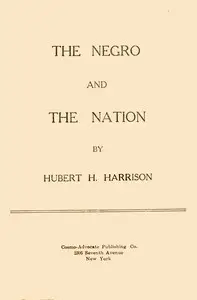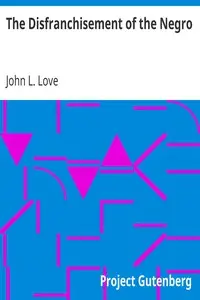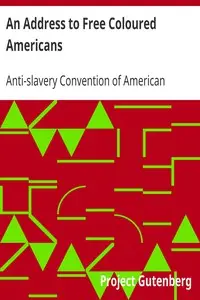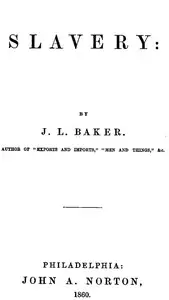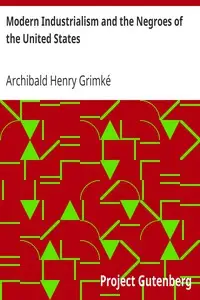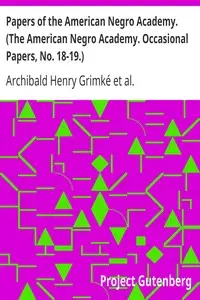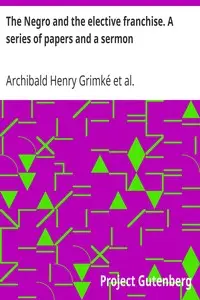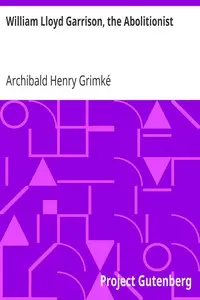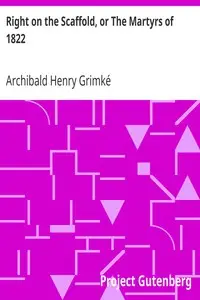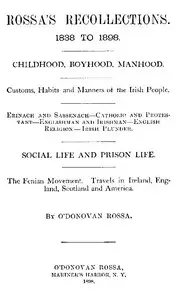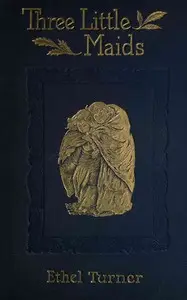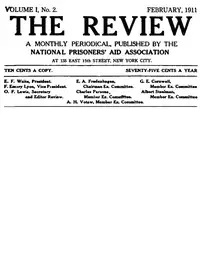"The Ballotless Victim of One-Party Governments" by Archibald Henry Grimké is a powerful discourse that examines the disenfranchisement of African Americans in the early 1900s. Presenting a strong stance, the book shines a light on the discrepancy between the rights legally afforded to African Americans and the discrimination they continue to suffer, mainly in the South. Grimké explores the historical fight for civil rights, contrasting emancipation with the ongoing oppression, and argues passionately about the importance of the vote. He reveals how one-party rule has made the Negro powerless. He also critiques complicity of white people in both the North and South in the racial discrimination of African Americans. Grimké makes a compelling case for political engagement and equal rights that still resonates in discussions about race and democracy today.
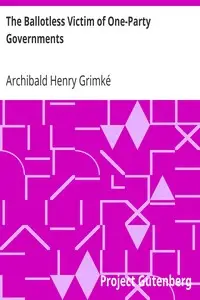
The Ballotless Victim of One-Party Governments The American Negro Academy, Occasional Papers No. 16
By Archibald Henry Grimké
In an era of supposed freedom, one man dissects how the denial of a fundamental right renders an entire people powerless against a system designed to oppress them.
Summary
About the AuthorArchibald Henry Grimké was an African-American lawyer, intellectual, journalist, diplomat and community leader in the 19th and early 20th centuries. He graduated from freedmen's schools, Lincoln University in Pennsylvania, and Harvard Law School, and served as American Consul to the Dominican Republic from 1894 to 1898. He was an activist for the rights of Black Americans, working in Boston and Washington, D.C. He was a national vice-president of the National Association for the Advancement of Colored People (NAACP), as well as president of its Washington, D.C. chapter.
Archibald Henry Grimké was an African-American lawyer, intellectual, journalist, diplomat and community leader in the 19th and early 20th centuries. He graduated from freedmen's schools, Lincoln University in Pennsylvania, and Harvard Law School, and served as American Consul to the Dominican Republic from 1894 to 1898. He was an activist for the rights of Black Americans, working in Boston and Washington, D.C. He was a national vice-president of the National Association for the Advancement of Colored People (NAACP), as well as president of its Washington, D.C. chapter.

